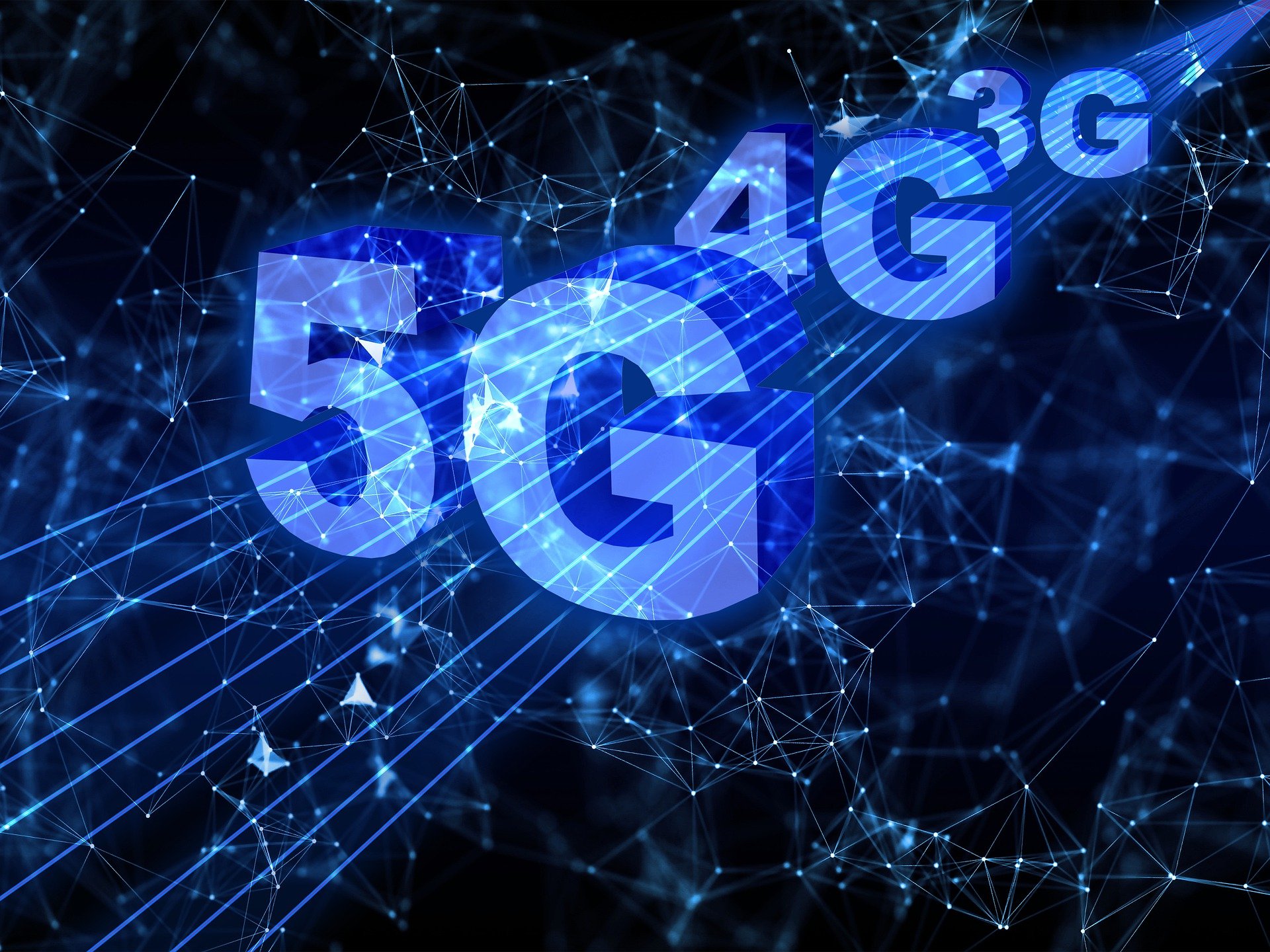
The advent of 5G technology signifies a pivotal shift in telecommunications, heralding a new era of ultra-fast data speeds, minimal latency, and the ability to connect an unprecedented number of devices simultaneously. As the cornerstone of future digital innovation, 5G’s potential extends far beyond improved mobile broadband services, setting the stage for advancements across the Internet of Things (IoT), autonomous vehicles, smart infrastructure, and much more. However, the rollout and adoption of 5G technology exhibit considerable variation across the globe, influenced by a complex interplay of economic capabilities, technical challenges, regulatory landscapes, and geopolitical considerations. This article offers a nuanced exploration of how different regions, including the Nordic countries, are navigating the transition to 5G, highlighting their unique strategies, achievements, and hurdles.
Asia: Leading the Charge
Asia stands at the forefront of the 5G revolution, with countries like South Korea, China, and Japan pioneering early and ambitious deployments. South Korea’s world-first commercial 5G launch in April 2019 set a global benchmark, propelled by strong government-industry collaboration and a tech-savvy consumer base. Meanwhile, China’s massive investment in 5G infrastructure is a central pillar of its “Made in China 2025” initiative, aiming for technological supremacy and economic revitalization through advanced manufacturing and digital innovation. Japan’s meticulous rollout, punctuated by the 2020 Tokyo Olympics’ showcase, reflects a balanced pursuit of technological excellence and comprehensive coverage.
Europe: A Strategic Approach
Europe’s 5G journey is characterized by a methodical and strategic approach, emphasizing regulatory frameworks that foster investment and innovation while addressing emerging security challenges. The European Union’s coordinated 5G action plan underscores this, advocating for harmonized spectrum allocation, research collaboration, and stringent security protocols. Nordic countries, in particular, exemplify Europe’s commitment to not just adopting 5G technology but embedding it within a broader societal and economic transformation.
The Nordic Edge
The Nordic region, renowned for its technological innovation and high-quality mobile networks, has embraced 5G with characteristic enthusiasm and efficiency. Countries like Sweden, Finland, Norway, and Denmark are leveraging their robust telecommunications infrastructure and innovative ecosystems to accelerate 5G deployment. For instance, Finland’s early investment in 5G research and development, coupled with favorable regulatory policies, has positioned it as a global leader in 5G applications. Sweden, home to Ericsson, one of the world’s leading 5G technology providers, is not only rolling out 5G networks but also pioneering next-generation applications, from smart manufacturing to autonomous transport solutions.
The Nordic model for 5G deployment is distinguished by its holistic approach, which considers not just technological and economic factors, but also societal well-being, environmental sustainability, and digital inclusivity. This reflects a broader vision where 5G acts as a catalyst for achieving the Sustainable Development Goals (SDGs) and building resilient, inclusive digital societies.
North America: A Competitive Pursuit
In North America, the United States is aggressively pursuing 5G to maintain its technological leadership, with the FCC actively working to repurpose spectrum for 5G use and foster competitive markets. The emphasis is on rapid deployment in urban areas, with plans to expand nationwide coverage progressively. Canada’s approach mirrors its cautious yet inclusive strategy, aiming for balanced urban and rural deployment while closely scrutinizing the security implications of 5G infrastructure.
Global Challenges and the Path Forward
While the race towards 5G supremacy intensifies, countries across the globe grapple with shared challenges— from the steep costs of infrastructure development and spectrum allocation to the imperative of ensuring equitable access to 5G services. Furthermore, geopolitical tensions, particularly around the security concerns associated with Chinese 5G technology providers, have prompted varied national responses, underscoring the complex interdependence of technology, security, and international relations.
The global landscape of 5G technology is a mosaic of diverse strategies, ambitions, and challenges. As nations forge ahead, the collective journey towards 5G not only promises to redefine the digital paradigm but also offers a unique lens through which to view the intersections of technology, policy, and society in the 21st century.
Sources:
from Technology Articles - Market Business News https://ift.tt/4v2aSQJ
via IFTTT



0 Comments